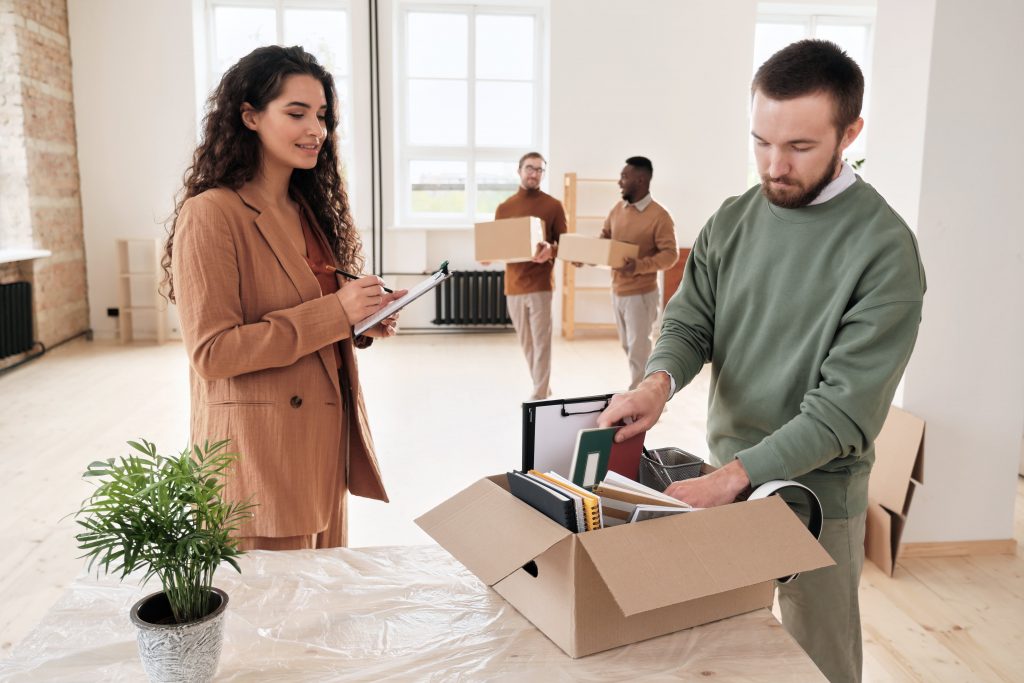If you’re looking to get rid of excess stuff in your house, it’s helpful to start with a clean slate. That means emptying your closets, cabinets, and drawers of everything you don’t need. Then, you can determine what should stay and what should go.
First, walk through your home with a trash bag or box. Look for anything that needs to be thrown out, donated or recycled. It’s also a good idea to create a sorting system for what you want to keep and what you’re going to give away, suggests Nicole Murphy, organizer for The Clutter Concierge.
Next, whittle down your belongings to about one-third of what you have. Doing this will help you to focus on what you need, which will make it easier to declutter the rest.
When deciding which items to keep, you should consider your lifestyle. For example, you might only use a certain kind of clothing once in a while or a specific kind of kitchen tool. Getting rid of excess belongings that don’t fit with your life is a way to free up space and improve your quality of life.
Once you’ve decided what to keep, it’s time to organize and store it. Set up a designated area for each item that you’re keeping, and make sure it has a label. That way, you can find it easily when you need it again.
Organize the items into categories, like tools and toys, as well as things that are meant to be kept in a cupboard or drawer. It’s also a great idea to designate a space for frequently used items, such as keys and wallets.
This will save you time and headaches when you’re trying to find the exact item you need. It will also help to keep your home clutter-free.
Another way to organize and keep track of your belongings is to make a shopping list, according to organizer Rachel Gilberg. This can be a physical one or a digital one, but the main point is to create an organized system for buying and organizing your belongings.
You can also use a calendar to remind yourself to do this regularly. This will help you stay on track and prevent unnecessary purchases and clutter from building up again.
It’s also a great way to ensure that you’re using only things you really need and that you’re not buying items that are only on your “wish list” without checking whether or not you actually need them in the first place.
When it comes to books, CDs, DVDs and other media, you can often replace these with electronic devices or digital copies of the material. There are plenty of services that will donate your old media to others, as well as provide you with a digital copy for your own library.
Sometimes it’s not a matter of throwing out an item, but rather a case of getting rid of a mental attachment to it. This can be difficult for some people to do, so you may have to seek the help of a mental health professional.

